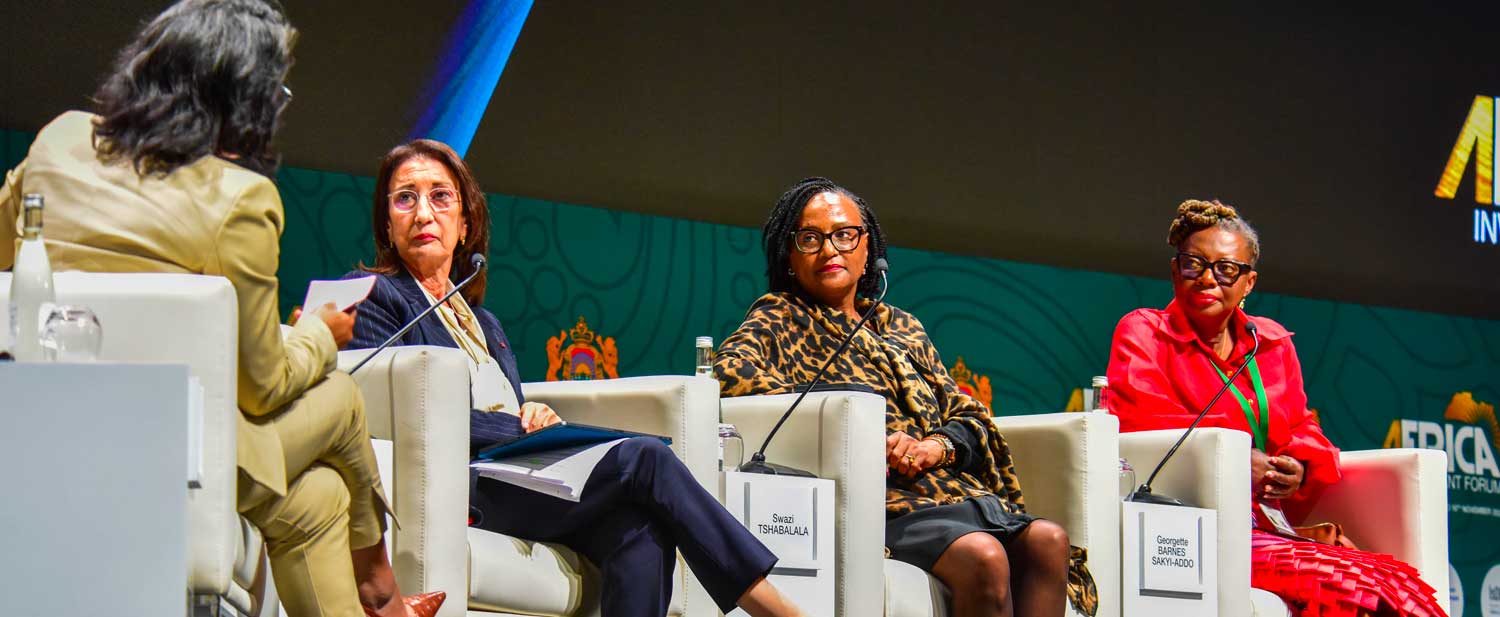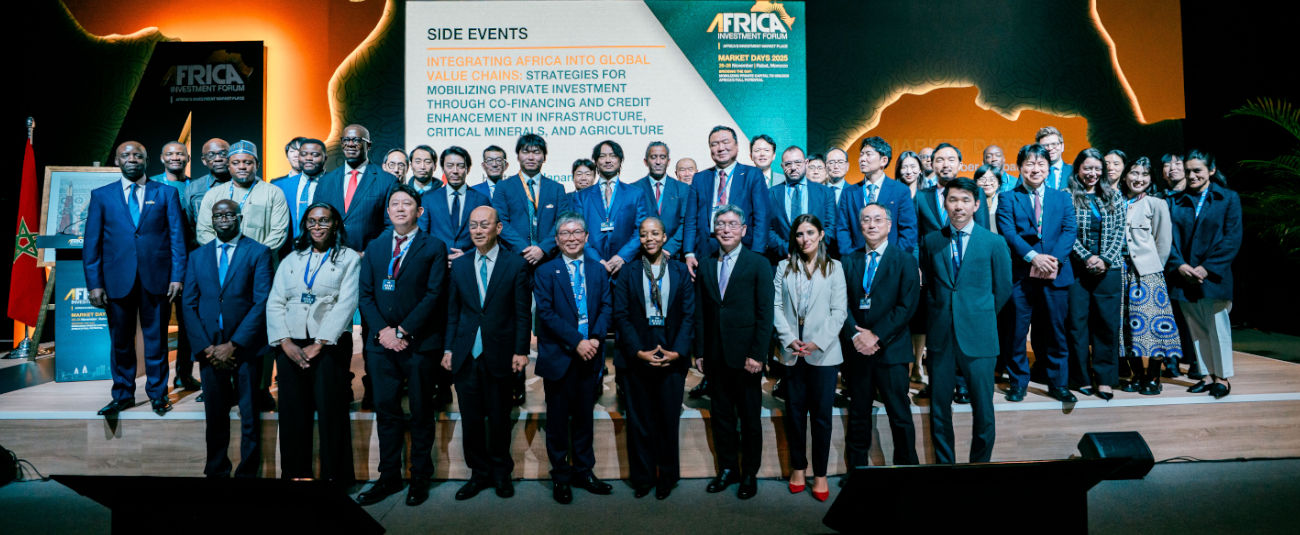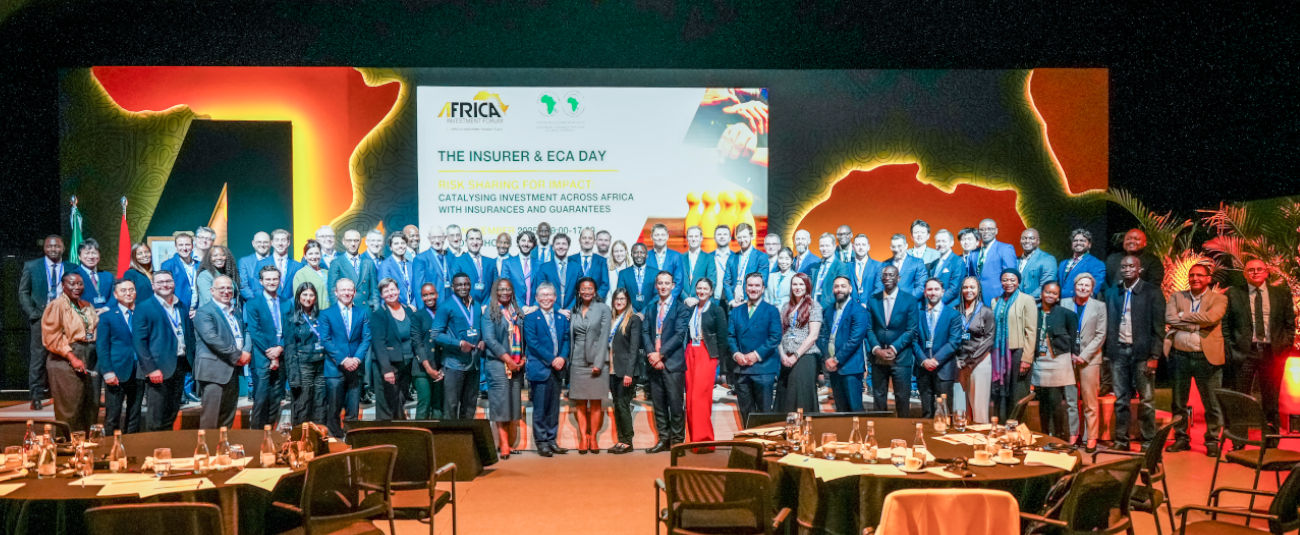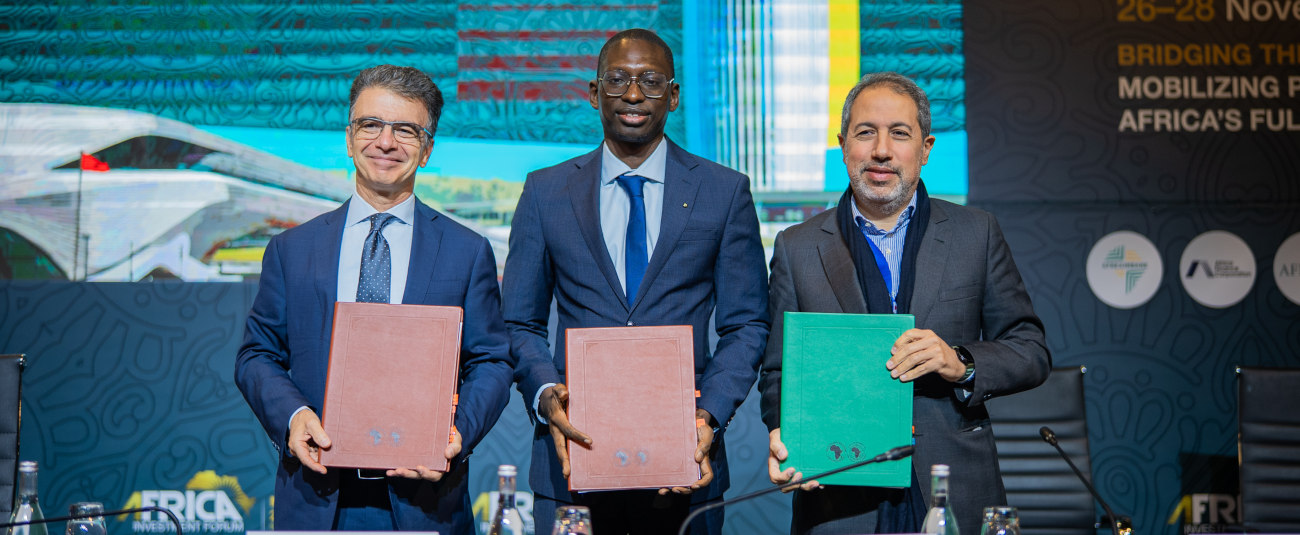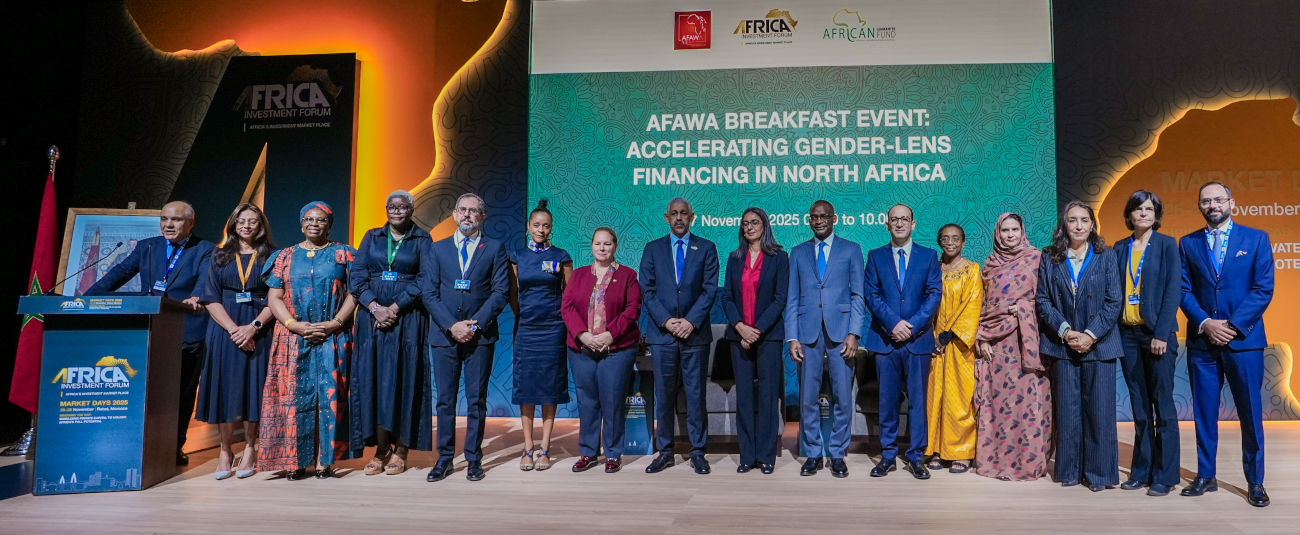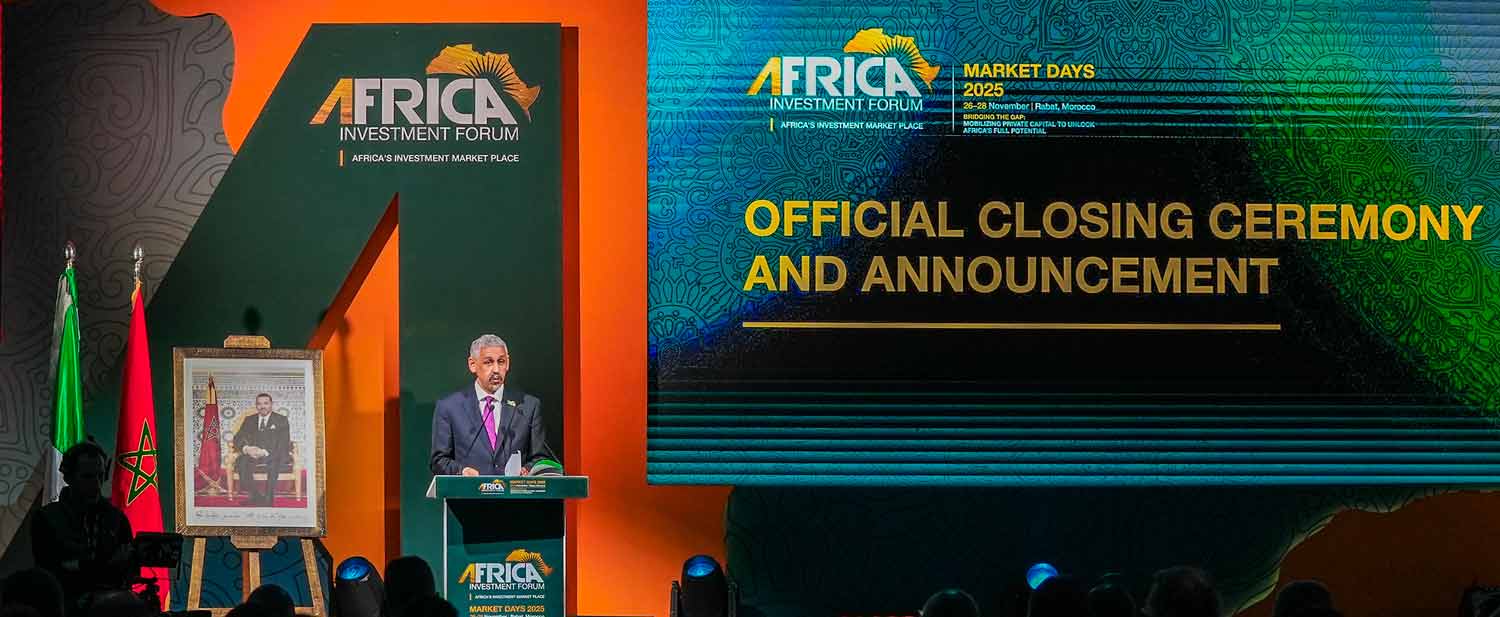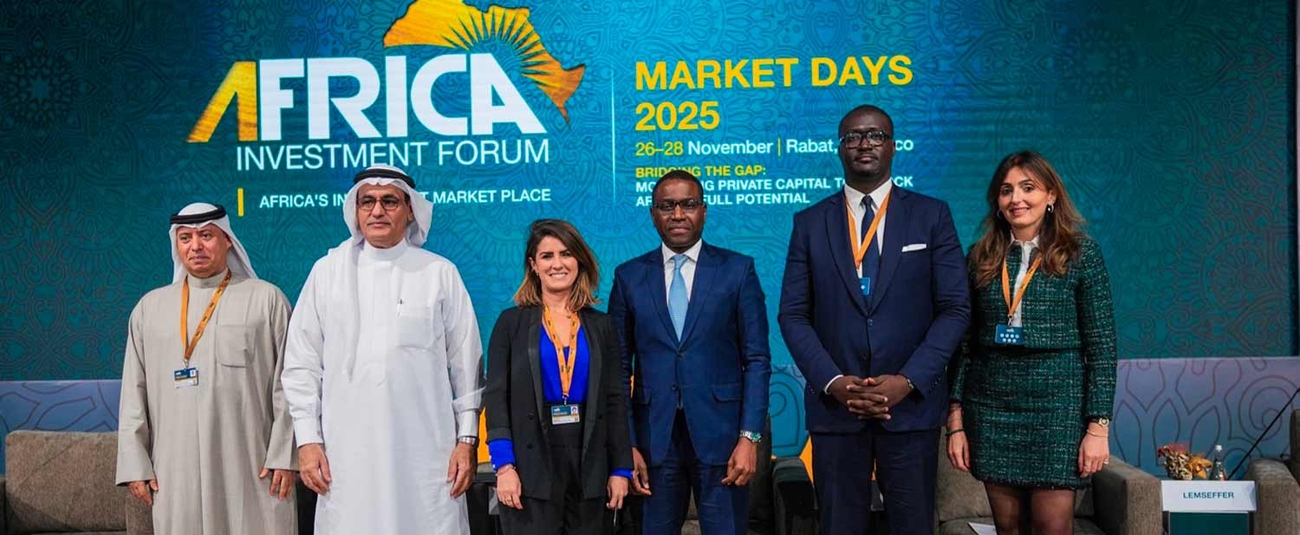Experts gathered at the Africa Investment Forum explored ways to harness Africa’s strategic mineral wealth for the continent’s development, particularly by adding value by processing minerals before export.
They were speaking at a panel session "Strategic Minerals: Financing a New Era of Global Prosperity" in Marrakesh, Morocco, during the Africa Investment Forum Market Days, held from 8 to 10 November 2023.
The Africa Investment Forum is Africa’s principal investment marketplace, organized by the African Development Bank and seven partners to mobilize strategic project investments by involving the private sector.
"Our natural resources are certain to create prosperity, so governments need to create the conditions to facilitate this prosperity," said Georgette Sakyi Barnes Addo, Executive Director of Georgette Barnes Limited and President of the Ghana Women in Mining Association.
The other panelists were Swazi Tshabalala, Senior Vice-President of the African Development Bank Group; and Amina Benkhadra, CEO of ONHYM in Morocco.
The three panelists agreed that Africa is rich in strategic minerals, including rare-earths, including lithium, graphite, bauxite, manganese and cobalt, all essential for modern technologies. However, harnessing the value of these minerals requires investment in infrastructure, innovation and sustainable practices and developing the local industrial fabric. Africa's strategic minerals need to be processed before they are exported. This is how value chains and jobs are created for local populations, they said.
The panellists cited the examples of Tanzania, which banned the export of non-value-added strategic minerals and Indonesia, which banned the export of nickel, allowing it to establish 13 domestic nickel ore refineries.
Ms Benkhadra said that before African countries exported them, they should process their strategic minerals to produce metals close to their final value.
"Restrictions on exports must be imposed. We must take advantage of our minerals," agreed Ms Tshabalala.
At the opening of the Africa Investment Forum, African Development Bank President Akinwumi Adesina cited a Bloomberg NEF study that noted the cost of manufacturing lithium-ion battery precursors is three times lower in Africa than in the United States, China or Poland.
The panellists called on African countries to do more to share experiences and good practices and to strengthen regional integration. They also called for risk reductions, to ensure that the private sector was able to invest with acceptable political risk.
"We have to truly unleash the value chains and see what the local content plans are to determine which enterprise can provide which service. Some work in manganese, gold or diamonds: we need to identify companies with the capacities and products that can be manufactured on the continent," said Ms Tshabalala.
Ms Barnes Addo said inter-African trade encountered huge barriers and there was a need to harmonize customs duties and set up common platforms for countries to attract investment. Access to finance, especially for women, was another challenge.
"I have thirty or so years' experience in my sector and a dozen as a CEO, but it's difficult to access credit; they always ask you about your husband," she explained.
By showing imagination, the financing obstacles for companies, especially women-led enterprises, can be lowered by the use of innovative measures.
"The African Development Bank has an ever-increasing number of agreements with banks to ask them to finance women-led companies at concessional rates. You just need the right financial instruments to enable women to have the finance they need to develop their businesses. We need to be bolder. $40 billion does not go to women every year in Africa, but women are starting businesses from scratch and making them work," said Ms Tshabalala.
Ms Benkhadra concurred, adding, "We are optimistic, without losing sight of the difficulties we face".
